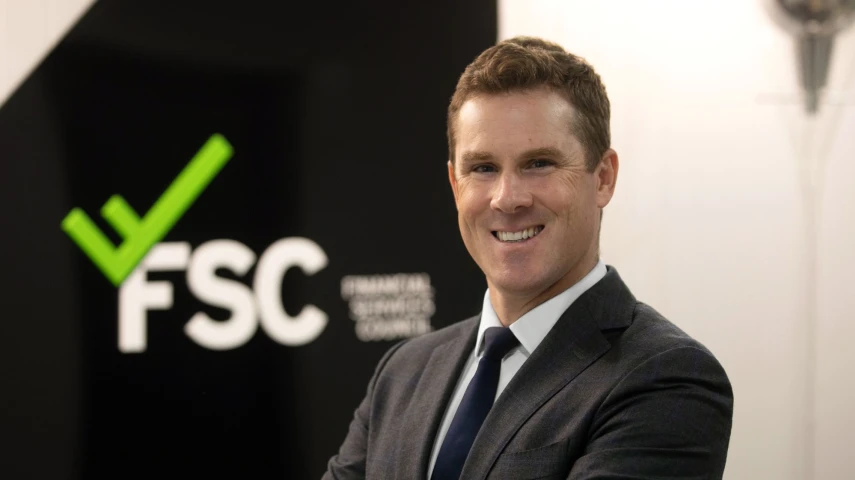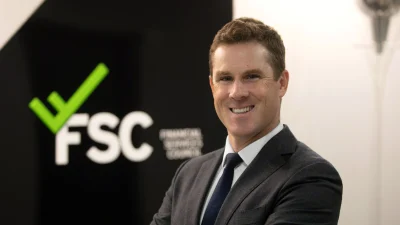FSC says $5m net asset test crucial to protect investors



The Financial Services Council (FSC) says the sophisticated investor test needs to be updated to protect consumers.
Research undertaken by PwC and Data Analysis Australia, on behalf of the FSC, projected that almost 20 per cent of Australian households would be eligible to buy wholesale products without retail consumer protections in less than a decade.
According to the FSC, this would leave Australian investors potentially vulnerable due to not properly understanding the associated financial risks.
In order to reduce the number of households that would meet the threshold, the FSC has proposed a $5 million net asset threshold for the wholesale investor test, which it said would bring the number of Australian households eligible back down to 3.1 per cent.
“The increase in property prices in the past two decades since the threshold was implemented has contributed to more Australians being classified as wholesale investors because of the increase in value of the family home,” said FSC chief executive Blake Briggs.
“When the thresholds were first introduced in 2001, only 1.5 per cent of households were captured under the current $2.5 million asset threshold. Today, it’s increased to 11.7 per cent.
“If the threshold is left unchanged, these trends are set to continue, so that by 2033, more than one in five mum and dad investors could cease to have access to the consumer protections that are inherent when you are defined as a ‘retail investor’, and instead be treated as a sophisticated, ‘wholesale investor’ regardless of whether they understand the more complex financial products they can be offered.”
The report also found that if the original net asset threshold were indexed by CPI, it would now be $4.3 million, which would mean 5.2 per cent of households meet the threshold.
The FSC, however, recommended no change to the current $250,000 gross income test threshold, which captured less than 1 per cent of individuals in 2002, when the test first applied, as it still covers less than 1 per cent of individuals.
While the FSC pointed to the importance of wholesale investors, it said that it is important that only “genuinely sophisticated investors” fall within this category.
“The FSC is urging the government to use a scalpel, not a sledgehammer, when adjusting the thresholds, to get the balance right between the important role of wholesale products in capital markets and the need to maintain consumer protections in financial advice,” Briggs added.
Along with proposing an increase in the net asset test from $2.5 million to $5 million, including the family home, it also said the government should ensure the sophisticated investor limb is easier to use by making it less subjective; and grandfathering changes to avoid the reclassification of existing investors, which could force redemptions that are not in consumers’ financial interests.
“The evidence points to the broader MIS regime working well to protect consumers and provide regulatory stability and certainty for industry, but some fine tuning of the wholesale investor test is warranted,” Briggs said.
“ASIC has at its disposal a powerful regulatory toolkit in the form of the product intervention power (PIP) and DDO stop orders to protect consumers from products that are likely to cause significant consumer detriment.
“ASIC’s ability to protect consumers can also be enhanced by collecting the right information at registration, such as the proposed scheme’s investment strategy and personnel, so that it can identify potential risks early on and devote sufficient surveillance resources.”
The government is considering the change to the sophisticated investor test as part of a broader managed investment scheme review.
However, Financial Services Minister Stephen Jones played down media reports last week that the government had made a decision to lift the net asset threshold to $4.5 million.
In a video posted to LinkedIn, the minister said nothing would be decided until Treasury has completed its review.
“The review is ongoing and Treasury is still looking into the things that they haven’t made their recommendations to government on,” Jones said.
“So obviously, government hasn’t made any decisions about this either. When we do, we’ll maintain our commitment to the Australian people and to investors to work collaboratively and consultatively to make sure that we get the best outcomes for as Australian consumers and investors.”
Recommended for you
Clime Investment Management has welcomed an independent director to its board, which follows a series of recent appointments at the company.
Ethical investment manager Australian Ethical has cited the ongoing challenging market environment for its modest decrease in assets over the latest quarter.
Commentators have said Australian fund managers are less knowledgeable compared with overseas peers when it comes to expanding their range with ETFs and underestimating the competition from passive strategies.
VanEck is to list two ETFs on the ASX next week, one investing in residential mortgage-backed securities and the other in Indian companies.














